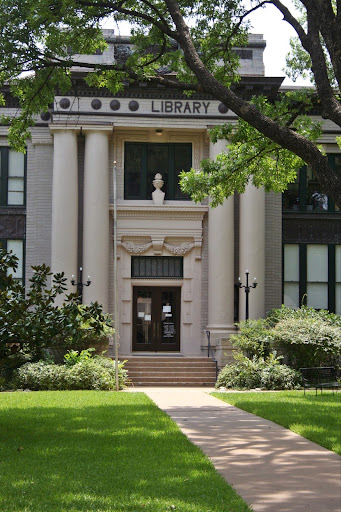When most families think “college,” their minds jump to big-name universities with sprawling campuses, packed football stadiums, and thousands of students. But here’s the thing—those aren’t the only options, and for many students, they aren’t even the best options.
Enter the small liberal arts college.
If you’re picturing old brick buildings, tiny lecture halls, and maybe a Shakespeare festival or two… well, you’re not entirely wrong. But there’s so much more to these schools, and for the right student, they can be an academic and personal game-changer.
Let’s dive into why you might want to give liberal arts colleges a second look.
Small Classes = Big Opportunities
One of the biggest perks of liberal arts colleges? Tiny class sizes.
At larger universities, it’s common to sit in lecture halls with 300+ students, especially for intro-level classes. At most liberal arts schools, you’re more likely to be in a classroom with 15-20 students, where the professor actually knows your name—and expects you to show up, participate, and maybe even swing by office hours.
Why it matters:
- More direct access to professors (hello, glowing recommendation letters )
- Engaging discussions instead of passive note-taking
- Hands-on research opportunities usually reserved for grad students at big universities
Flexibility to Explore Interests
Liberal arts colleges are designed for students who have multiple interests—or aren’t 100% sure what they want to major in.
The curriculum often encourages (or requires) students to take classes across different fields. This means your psychology major can double as a theater minor, or your bio major can squeeze in a philosophy class without it derailing their graduation timeline.
Bonus: Many liberal arts colleges support double majors, minors, or even designing your own major.
Close-Knit Community Vibes
Let’s be real—navigating college can be tough, especially in those early months. At smaller liberal arts schools, the community tends to be tighter, making it easier to find your people.
- Professors often double as mentors.
- Clubs and activities are less competitive to join.
- You’re less likely to feel like “just a number.”
For students who value connection and a sense of belonging, this environment can be a huge win.
Strong Outcomes for Grad School and Careers
Here’s a not-so-well-known fact: Liberal arts graduates do really well when it comes to grad school admissions and long-term careers.
Why? Because liberal arts schools focus on developing skills that employers and grad programs love: critical thinking, writing, communication, and problem-solving. Plus, students often have more chances to conduct research, publish papers, and work closely with faculty—stuff that makes applications stand out.
In fact, some liberal arts colleges have higher placement rates into med schools, law schools, and Ph.D. programs than bigger-name universities.
It’s Not All “Liberal” or “Artsy”
Let’s bust a quick myth: “Liberal arts” doesn’t mean only art, music, or literature.
It refers to a broad-based education in the humanities, social sciences, natural sciences, and math. You’ll find strong programs in fields like biology, economics, computer science, and even engineering at some liberal arts schools.
Plus, many schools offer pre-professional advising tracks for medicine, law, and business, along with career-focused programs and alumni networks.
Is a Liberal Arts College Right for Your Student?
Consider a liberal arts college if your student:
- Thrives in smaller, discussion-based classes
- Values strong relationships with professors
- Wants flexibility to explore multiple academic interests
- Prefers a close-knit campus community
- Is open to a more personalized, hands-on college experience
Of course, it’s not for everyone. Students who want huge sports scenes, large-scale research labs, or bustling city campuses might lean elsewhere. But for many, a liberal arts college is a hidden gem that offers an incredible mix of academic rigor, personal growth, and post-grad success.
So, before crossing them off the list—consider visiting one. You might be surprised by what you find.





